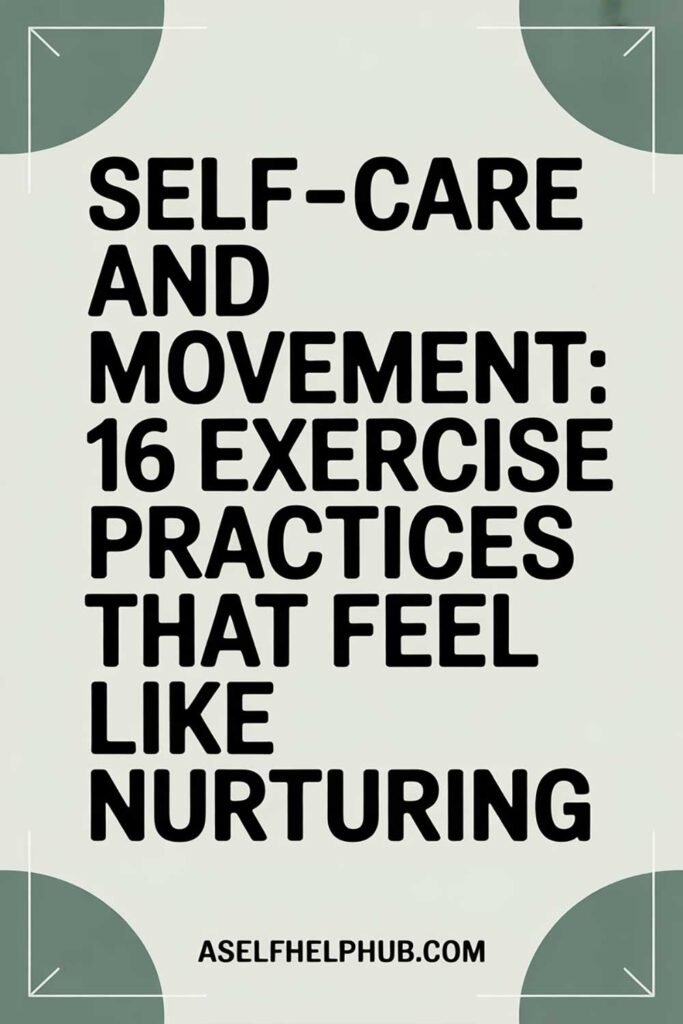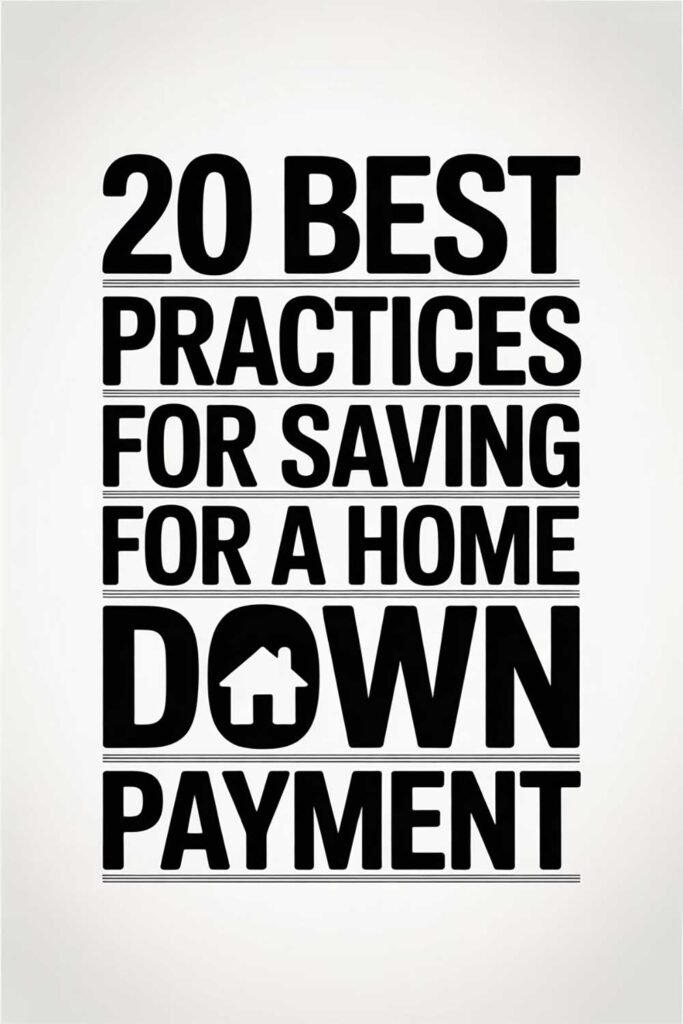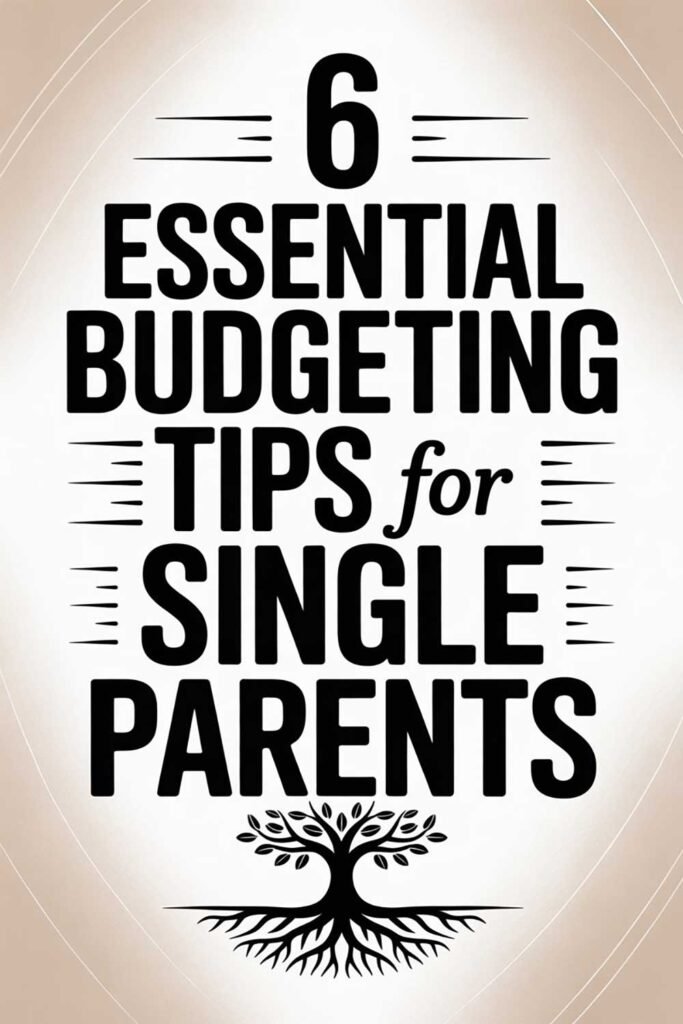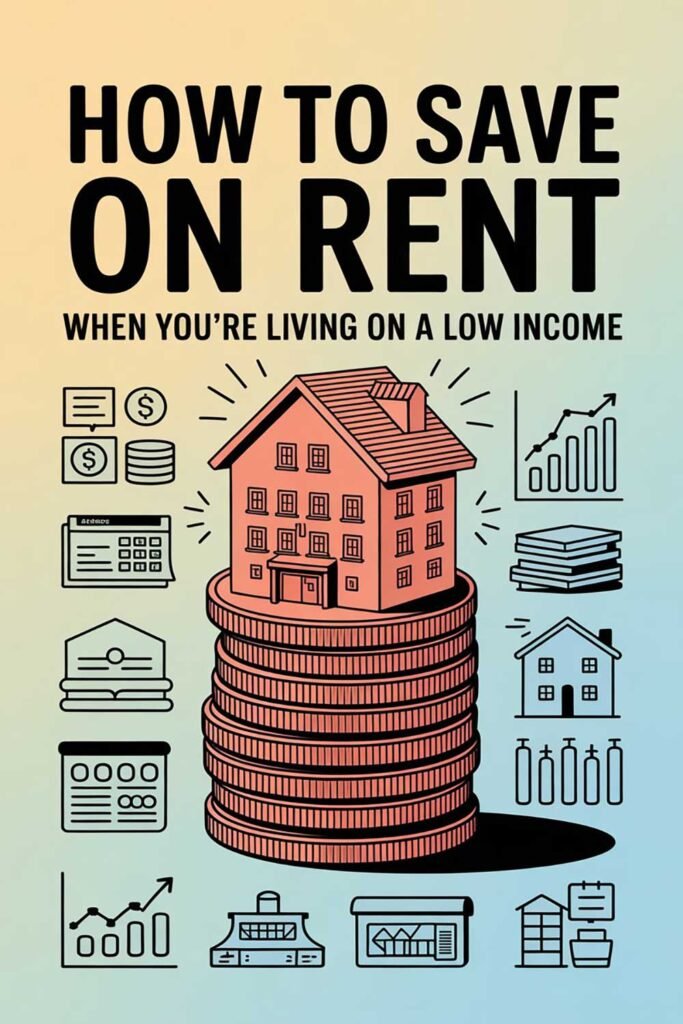16 Simple Ways to Cut Unnecessary Expenses
Cutting unnecessary expenses isn’t about deprivation—it’s about alignment. When you align your spending with your values and goals, every dollar works harder for you. If you’ve ever reached the end of the month wondering where your money went, this guide is for you.

Here are 16 simple, practical ways to cut unnecessary expenses without sacrificing your quality of life. These tips will help you save more, stress less, and live more intentionally.
1. Cancel Unused Subscriptions
Streaming services, apps, magazines, gym memberships—they add up fast.
Example:
Emily reviewed her bank statements and found she was paying $87/month for subscriptions she barely used. She canceled four services and put that money into savings instead.
Takeaway: Audit your subscriptions every 3-6 months.
2. Cook More Meals at Home
Eating out is convenient but costly. Cooking at home saves money and can be healthier.
Example:
Jake cut back from eating out five times a week to once. He saved over $200/month and learned a new skill in the kitchen.
Takeaway: Meal prepping just twice a week can slash your food costs.
3. Buy Generic Brands
Many store-brand products offer the same quality at a lower price.
Example:
Lisa switched to generic pantry staples and saved $40/month with no noticeable difference in quality.
Takeaway: Try switching one or two items per shopping trip.
4. Make Coffee at Home
Your $5-a-day habit adds up to $1,825 a year.
Example:
Chris started brewing coffee at home. He invested in a quality French press and saved over $1,200 the first year.
Takeaway: You can still enjoy your caffeine fix for a fraction of the cost.
5. Shop with a List (and Stick to It)
Impulse buying is one of the biggest budget busters.
Example:
Before tracking expenses, Tara would go to Target for one thing and leave with ten. Now, she shops with a strict list and saves $150/month.
Takeaway: Always shop with intention.
6. Avoid Buying on Emotion
Retail therapy might feel good in the moment, but it’s often followed by regret.
Example:
After a stressful week, Daniel bought $400 worth of clothes online. When they arrived, he returned half and realized he was just avoiding his emotions.
Takeaway: Wait 24 hours before making non-essential purchases.
7. Use Cashback and Rewards Wisely
Don’t let rewards lure you into spending more. Use them intentionally.
Example:
Gina stopped chasing points and started using cashback apps like Rakuten and Ibotta for things she was already buying.
Takeaway: Cashback should be a bonus, not a motivator.
8. Cut Down on Convenience Fees
Delivery charges, ATM fees, and late fees quietly eat into your budget.
Example:
Sam started picking up his food instead of using delivery apps and avoided over $100/month in fees and tips.
Takeaway: Convenience has a cost. Evaluate if it’s worth it.
9. Unsubscribe from Marketing Emails
Fewer temptations mean fewer impulse buys.
Example:
Karen unsubscribed from 80% of her retail email lists and saw a dramatic drop in unnecessary purchases.
Takeaway: Out of inbox, out of mind.
10. Ditch Unused Gym Memberships
Unless you’re going regularly, it might be time to cancel or switch to a cheaper option.
Example:
Tom hadn’t been to the gym in 5 months. He canceled his $50/month membership and started using free YouTube workouts at home.
Takeaway: Your fitness doesn’t have to be expensive.
11. Buy in Bulk (Strategically)
Bulk buying can save money—but only if you use the items before they expire.
Example:
Natalie started buying staples like rice, beans, and paper goods in bulk and saved $60/month.
Takeaway: Don’t bulk buy perishables unless you’ll actually use them.
12. Use Public Transportation (or Carpool)
Cutting back on gas, maintenance, and parking can save hundreds per year.
Example:
Kevin started carpooling with a coworker three times a week and saved $120/month on fuel.
Takeaway: Transportation savings add up quickly.
13. Pause Before You Purchase
A short pause can prevent long-term regret.
Example:
Jess implemented a 48-hour rule for anything over $50. Half the time, she realized she didn’t actually need the item.
Takeaway: Delay creates clarity.
14. Buy Used Instead of New
Secondhand doesn’t mean second-rate.
Example:
Mark furnished his new apartment using Facebook Marketplace. He saved over $1,500 compared to retail.
Takeaway: Check resale sites before buying new.
15. Switch to a Cheaper Phone Plan
Phone bills are often bloated with unnecessary features.
Example:
Allison switched from a major carrier to a prepaid provider and cut her bill from $90 to $30/month.
Takeaway: Compare carriers yearly.
16. Review Insurance Policies
Bundling or adjusting your coverage could lead to big savings.
Example:
George shopped around for auto insurance and saved $45/month while maintaining the same coverage.
Takeaway: Loyalty doesn’t always pay. Reevaluate regularly.
🌟 20 Inspirational Quotes About Cutting Expenses and Saving
- “Beware of little expenses. A small leak will sink a great ship.” – Benjamin Franklin
- “Frugality includes all the other virtues.” – Cicero
- “A penny saved is a penny earned.” – Benjamin Franklin
- “Simplicity is the ultimate sophistication.” – Leonardo da Vinci
- “You can’t manage what you don’t measure.” – Peter Drucker
- “Do not save what is left after spending, but spend what is left after saving.” – Warren Buffett
- “Live like no one else now, so you can live like no one else later.” – Dave Ramsey
- “He who buys what he does not need steals from himself.” – Swedish Proverb
- “The best way to predict your future is to create it.” – Peter Drucker
- “It’s not your salary that makes you rich, it’s your spending habits.” – Charles A. Jaffe
- “Time is more valuable than money. You can get more money, but you cannot get more time.” – Jim Rohn
- “Every dollar you spend is a vote for the kind of world you want.” – Anna Lappé
- “Your habits will determine your future.” – Jack Canfield
- “The goal isn’t more money. The goal is living life on your terms.” – Chris Brogan
- “Don’t tell me where your priorities are. Show me where you spend your money and I’ll tell you what they are.” – James W. Frick
- “Success is the sum of small efforts repeated day in and day out.” – Robert Collier
- “Budgeting isn’t about limiting yourself—it’s about making room for the things that matter.” – Unknown
- “If you buy things you do not need, soon you will have to sell things you do need.” – Warren Buffett
- “Simple pleasures are the last healthy refuge in a complex world.” – Oscar Wilde
- “Money looks better in the bank than on your feet.” – Sophia Amoruso
📸 Picture This
Imagine opening your banking app and smiling. You’ve cut unnecessary spending, your savings are growing, and you’re no longer stressed about money. You’ve taken control—not by earning more, but by spending smarter. You finally feel aligned, intentional, and free.
You’re no longer asking, “Where did my money go?” You’re proudly saying, “I told it where to go.”
So ask yourself:
What expenses could you eliminate today to create peace tomorrow?
📣 Please Share This Article
Know someone trying to save more and live better? Share this article with them. Smart savings start with small steps—and this guide could be their first.
⚠️ Disclaimer
This article is for informational purposes only, based on personal experience and general advice. It is not financial or legal advice. Please consult a licensed financial advisor for help with your individual circumstances. Results may vary.






